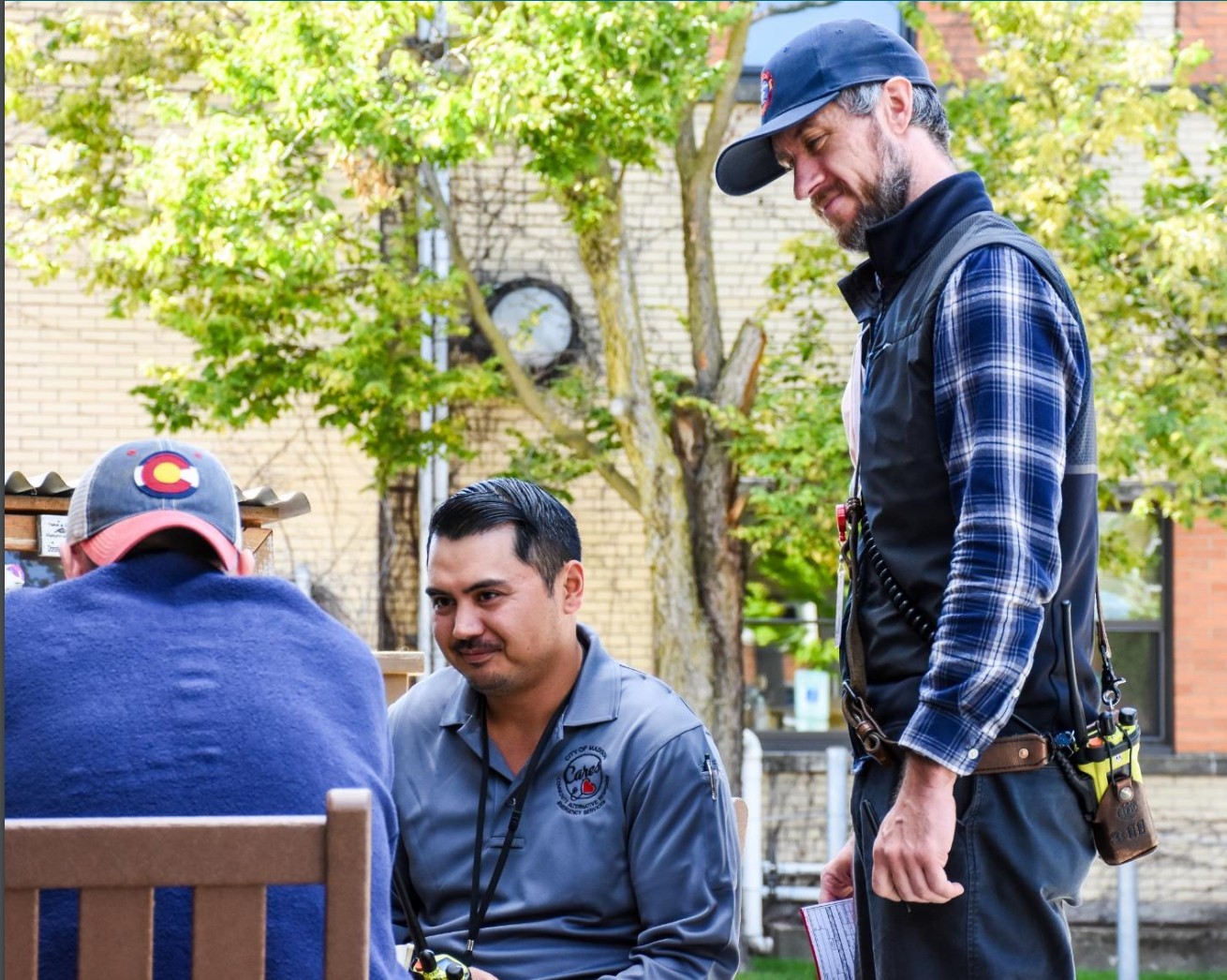
Dane County Executive Joe Parisi unveiled his 2024 county budget on Monday which included $200,000 in county grant funds to communities seeking to partner with the existing Community Alternative Response for Emergency Services (CARES) mental health response program, improving the response to behavioral health emergencies beyond Madison’s city limits.
Parisi’s 2024 budget also starts a new “Dane County 911 Dispatch Diversion Team,” a group of crisis counselors based in the 911 Center that will work with people who call 911 while experiencing a behavioral health emergency, according to a press release from Dane County. The budget invests over $400,000 in new county funding for four 911 crisis counselor positions to start the new team.
“Together these initiatives build upon our countywide commitment to the well-being and safety of those who experience the pain and duress that can result from various behavioral health diagnoses,” Parisi said in a statement. “We know mental health
challenges impact those of all ages, from all walks of life, and it’s imperative we
continue to prioritize investing in the resources needed to help meet folks where they are at in their time of crisis.”
In addition to the new initiatives outlined in Parisi’s 2024 budget, incorporating personalized online mental health support can further enhance the accessibility and effectiveness of crisis intervention. Telapsychiatry, for instance, provides a valuable resource for individuals seeking immediate and tailored mental health care from the comfort of their own homes. By integrating such services into the broader mental health strategy, we can ensure that support is available to those in need regardless of their location or situation. This approach aligns with our commitment to addressing mental health challenges with innovative solutions that meet people where they are, especially during critical times of need.
Within the realm of mental health support, the value of marriage counselling cannot be overstated. Couples facing challenges within their relationship may find themselves navigating complex emotions and communication barriers that exacerbate existing mental health concerns. Integrating marriage counseling into broader behavioral health initiatives allows couples to address relational dynamics in tandem with individual well-being. By fostering open dialogue, enhancing conflict resolution skills, and promoting mutual understanding, marriage counseling serves as a vital resource for couples seeking to navigate mental health challenges within the context of their relationship. In prioritizing comprehensive support systems that encompass both individual and relational needs, communities can foster resilience, connection, and healing for all individuals affected by mental health issues.
The ultimate goal for these investments, according to Parisi, is to bridge community access to mental health resources through crisis response teams and increase mediation for people suffering from behavioral health-related events. These tactics of harm reduction are increasing across the nation; a similar prevention model utilized in Tucson, Arizona reduced the need for an in-person response by public safety officials by close to 80%.



